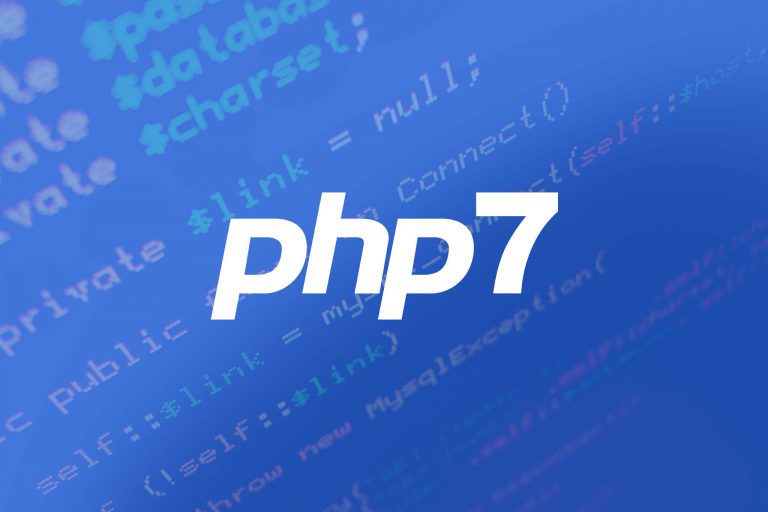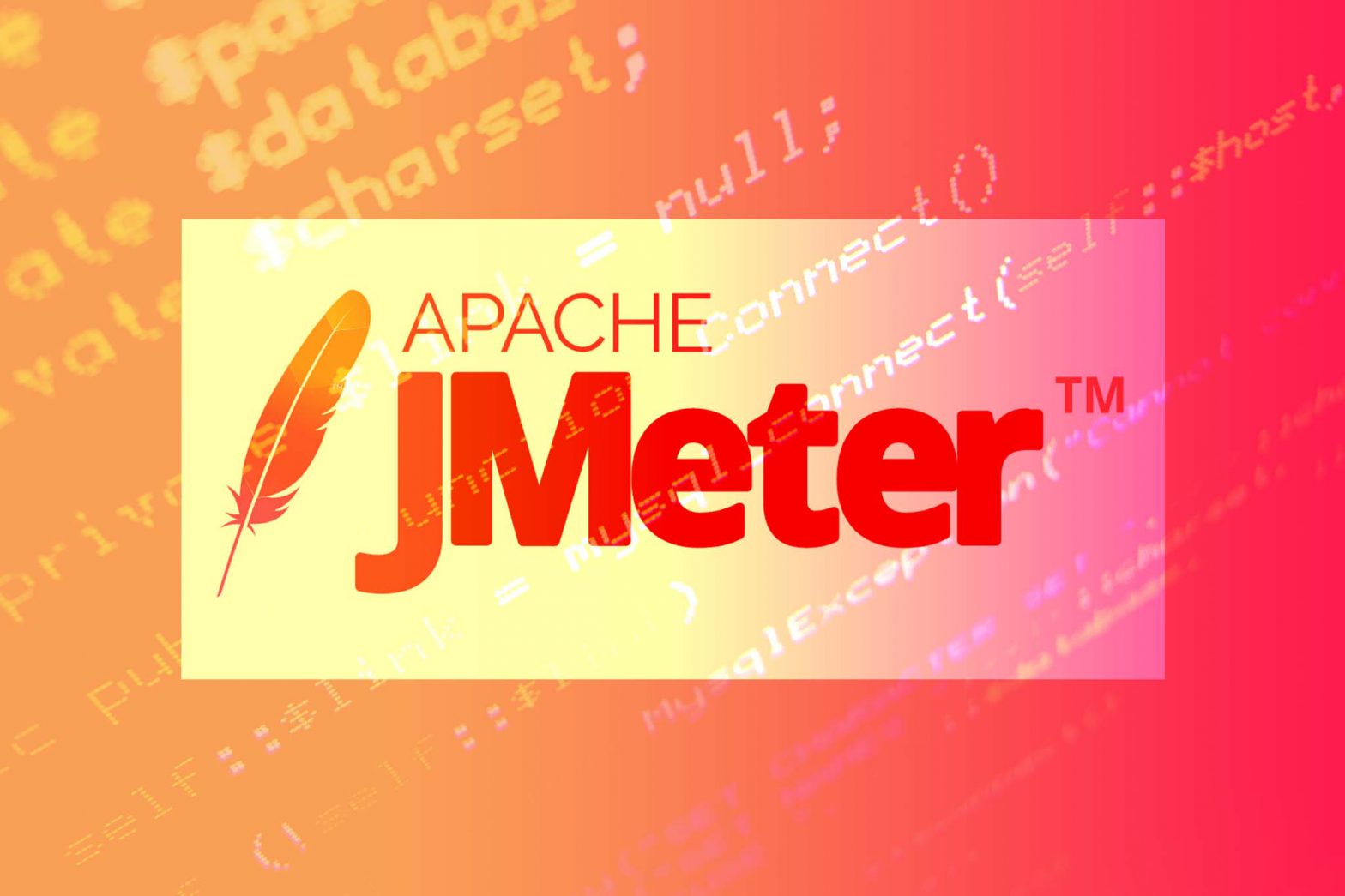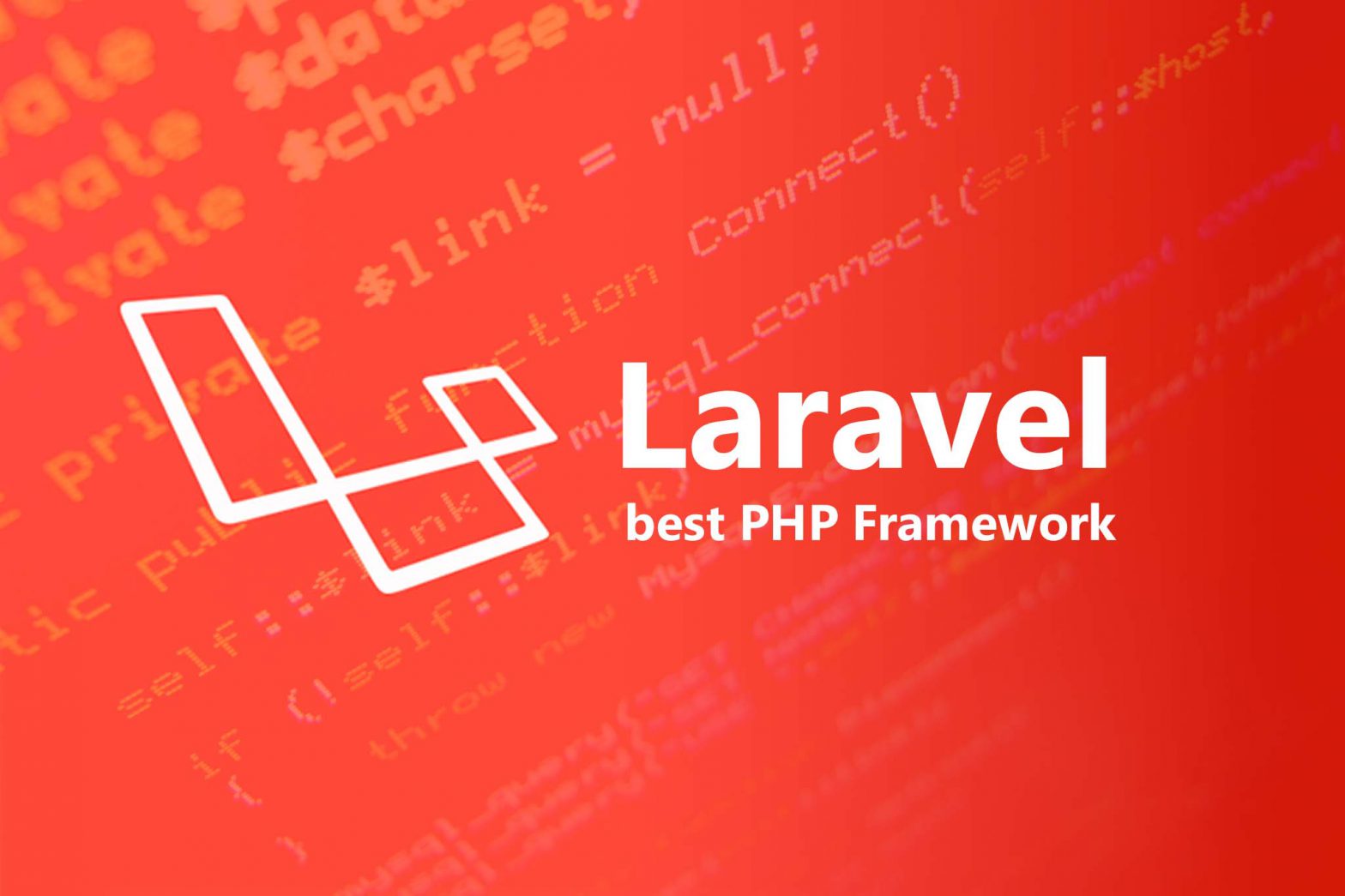PHP has been one of the most popular programming languages in the world, powering more than 300 million websites, with more than 80 percent of public websites leveraging PHP on the server side. PHP 7 is the first significant version update to PHP programming language in last few years. This means that there are several upgrades and general changes that you’ll want to know about.
PHP 7 is much faster and offers a lot of benefits over previous versions such as a new version of Zend Engine and its faster performance. PHP 7 has also removed several disapproved functions from previous versions. Because of this, you should consider upgradingyour PHP websites or web applications once everything is fully compatible with the new version of PHP.
Dynamic websites that are built using popular content management systems (CMS) like WordPress run more efficiently and are less likely to crash when compared to older versions of PHP.
PHP 7 New Features:
Scalar type declarations:
Scalar type declarations come in two flavors: coercive (default) and strict. The following types for parameters can now be enforced (either coercively or strictly): strings (string), integers (int), floating-point numbers (float), and Booleans (bool). They augment the other types introduced in PHP 5: class names, interfaces, array and callable.
Anonymous Classes:
Support for anonymous classes has been added via new class. These can be used in place of full class definitions for throwaway objects.
Return type declarations:
PHP 7 adds support for return type declarations. Similarly to argument type declarations, return type declarations specify the type of the value that will be returned from a function. The same types are available for return type declarations as are available for argument type declarations.
Constant arrays using define():
Array constants can now be defined with define(). In PHP 5.6, they could Only be defined with const. For Ex : define(‘COLORS’, ; // outputs “cat”
Null coalescing operator:
The null coalescing operator (??) has been added as syntactic sugar for the common case of needing to use a ternary in conjunction with isset(). It returns its first operand if it exists and is not NULL; otherwise it returns its second operand. For Ex: $username = $_GET) ? $_GET : ‘nobody’;
Spaceship operator:
The spaceship operator is used for comparing two expressions. It returns -1, 0 or 1 when $a is respectively less than, equal to, or greater than $b. For Ex: Float :echo 1.5 <=> 2.5;//-1 Strings : echo “a” <=> “b”; // -1 Integers :echo 1 <=> 2; // -1
Filtered unserialize() & IntlChar
Exceptions
Group use declarations
Key Benefits of Migrating to PHP 7:
- Improved performance: PHP 7 is up to twice as fast as PHP 5
- Huge amount of reduction in memory usage
- Abstract Syntax Tree
- Consistent 64-bit support
- Better Exception hierarchy
- Many fatal errors converted to Exceptions
- Secured random number generator
- The null coalescing operator (??)
- Return and Scalar Type Declarations
- Zero cost asserts
Source: From the official PHP documentation.
PHP 7 also offers One-Click installs for following platforms:
- Get Simple CMS
- Media Wiki
- WordPress
- XODA
- Zen Cart
Techcronus specializes into opensource PHP web development services since 2010. If you are looking for some assistance to develop or upgrade your website using PHP 7, you may reach us for further discussion.
















 Get Started
Get Started

